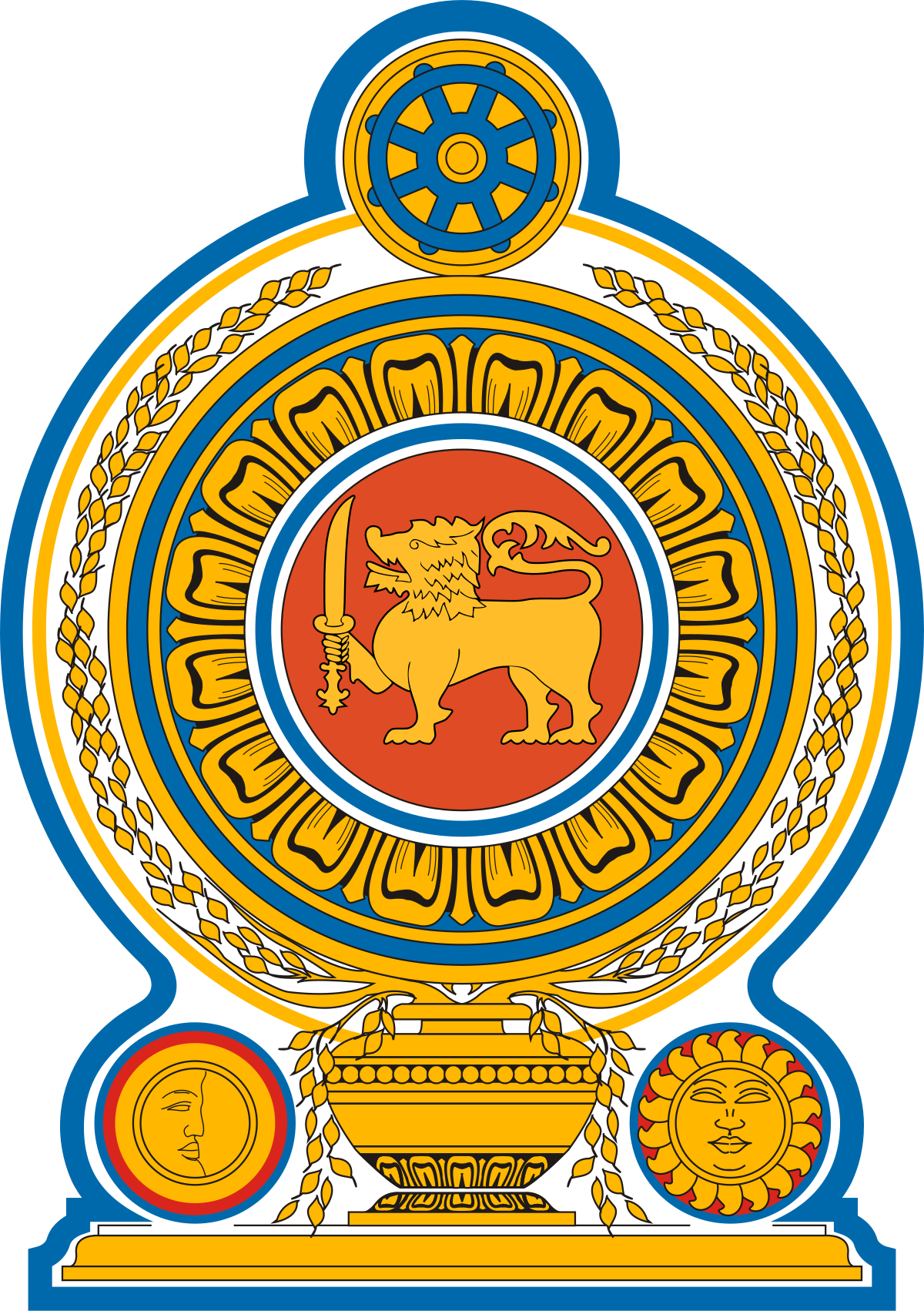
Department of Fisheries and Aquatic Resources
Menu
+94 11 2 449 170
Department of Fisheries and Aquatic Resources

Department of Fisheries and Aquatic Resources
+94 11 2 449 170
The initiatives that Sri Lanka has taken to make fisheries sustainable and to be in compliance with the international obligations

Sri Lanka is a party to the United Nations Convention on the Law of the Sea of 10 December 1982 (UNCLOS). Sri Lanka has ratified UNCLOS on 19 July 1994.
Sri Lanka is also in compliance with FAO Code of Conduct for Responsible Fisheries (CCRF) and FAO Voluntary Guidelines for Flag State Performance and has taken necessary measures to be in compliance with the requirements of the Regional Fisheries Management Organizations (RFMOs) like Indian Ocean Tuna Commission (IOTC) and binding measures of the other international organizations to promote sustainable fisheries governance. Sri Lanka is a founder member of the IOTC and ratified the IOTC agreement in 1994.
3. Sri Lanka is also a party to the Agreement for the Implementation of the United Nations Convention on the Law of the Sea of 10 December 1982 relating to the Conservation and Management of Straddling Fish Stocks and Highly Migratory Fish Stocks (UN Fish Stocks Agreement). Sri Lanka has ratified the UN Fish Stocks Agreement on 24 October 1996.
4. With the focus to prevent, deter and eliminate IUU fishing, Sri Lanka has ratified UN FAO agreement on Port State Measures (PSM) in 2011 entered in to force in 2016 and was among the twenty five (25) countries needed for the agreement to enter into force.
5. Sri Lanka has acceded to the Agreement to Promote Compliance with International Conservation and Management Measures by Fishing Vessels on the High Seas (FAO Compliance Agreement). Sri Lanka Acceded to FAO Compliance Agreement on 29 August 2014.
6. Sri Lanka has prepared and implementing the Sri Lanka National Plan of Action (SLNPOA) – IUU in line with the FAO International Plan of Action ((IPOA) to prevent, deter and eliminate IUU fishing.
7. The Department of Fisheries and Aquatic Resources (DFAR) under the purview of the Ministry of Fisheries and Aquatic Resources Development (MFARD) has set all the necessary legislation to be in line with the international requirements and for the conservation and management of the fisheries resources and initiate the timely updates whenever deem to be required.
8. Fisheries and Aquatic Resources Act. (FARA) provides legal provisions required to manage fisheries in Sri Lanka waters. Important provisions include prohibition of the use of explosives including dynamite, and poisonous and stupefying substances or other harmful material for fishing, enhanced penalties for destructive fishing, provisions for the Minister to prohibit the export from or import into Sri Lanka of any species of fish including live fish and their eggs or spawn with a view to protection of fish species and biodiversity, and declare fishery management areas, fisheries reserves, and closed or open seasons for fishing with a view to conservation. Orders to implement such provisions have been published in the Gazettes.